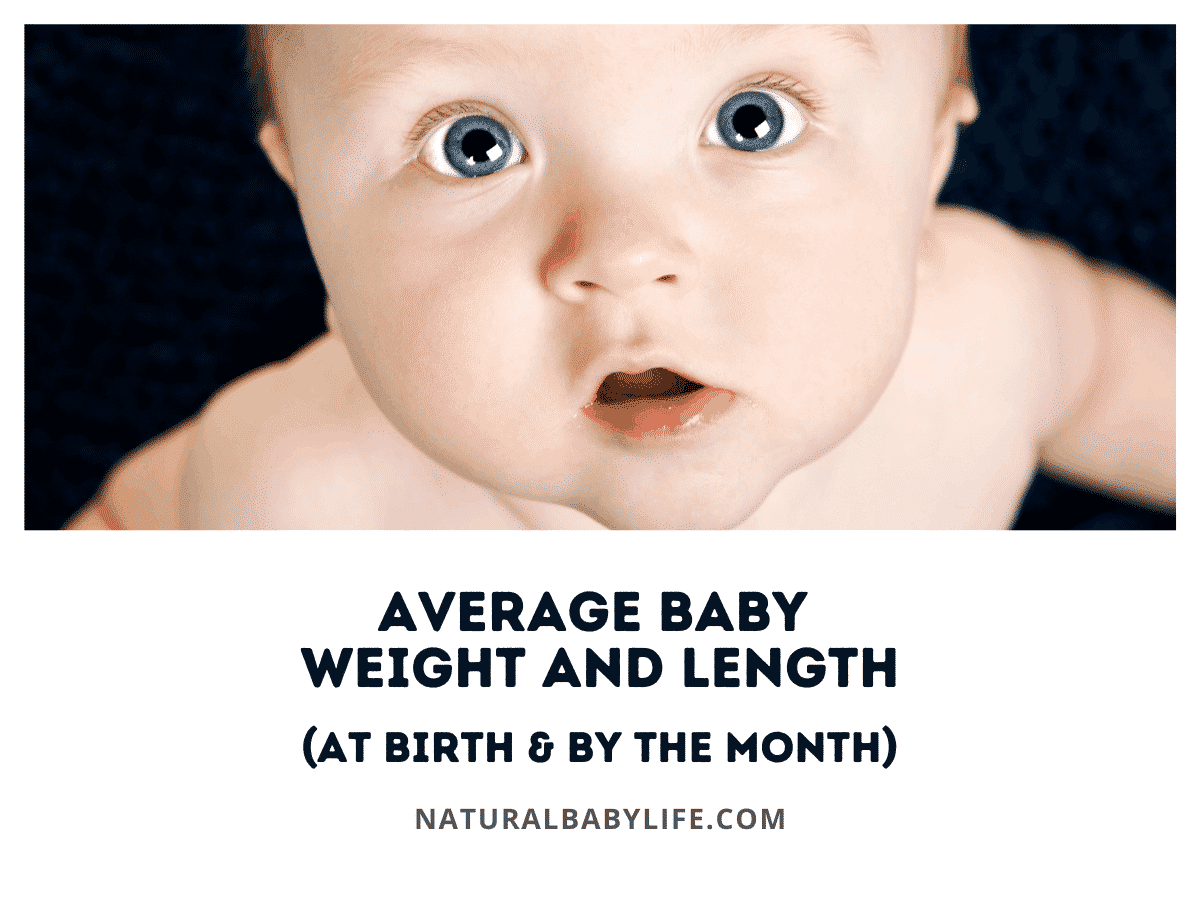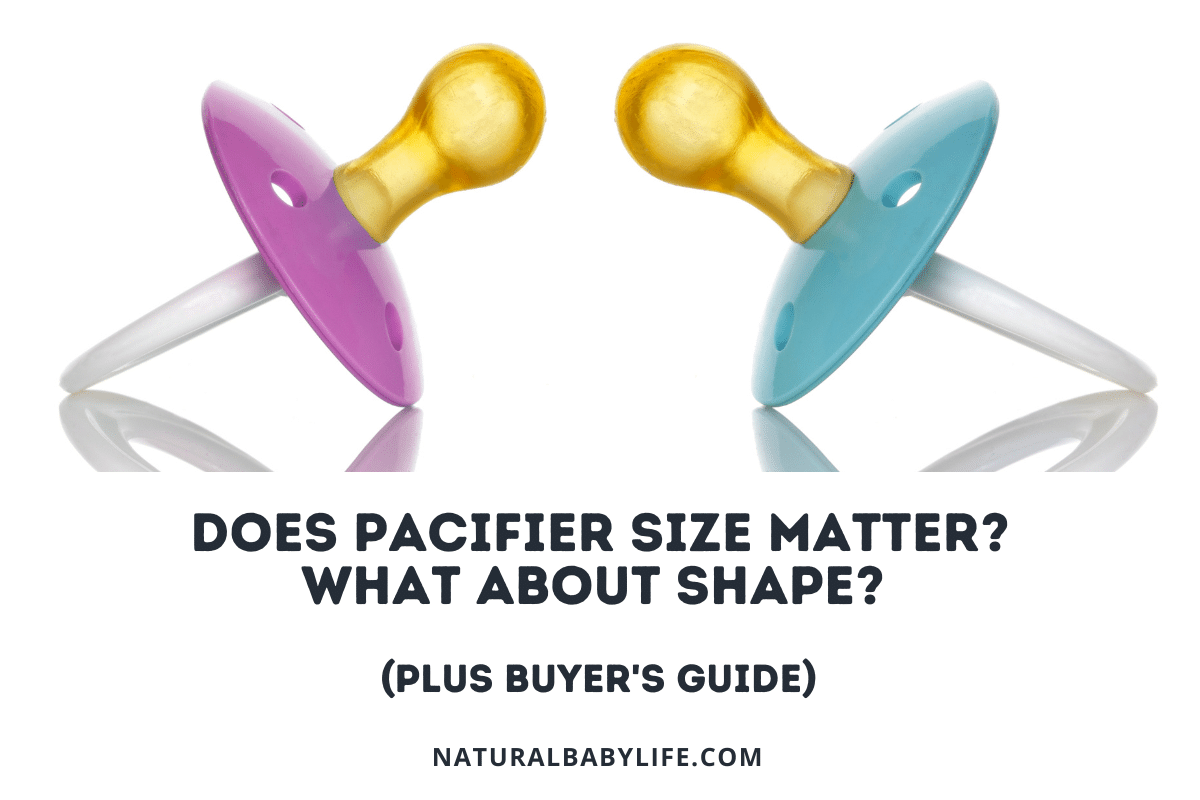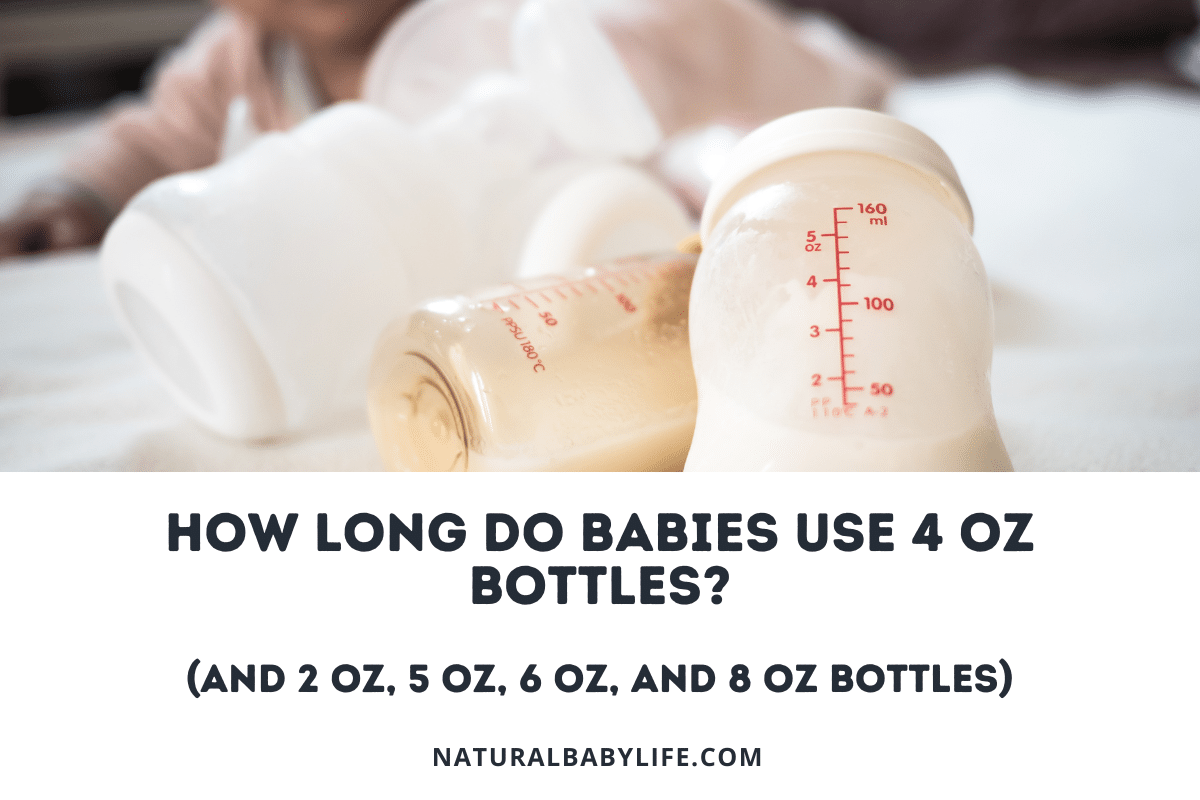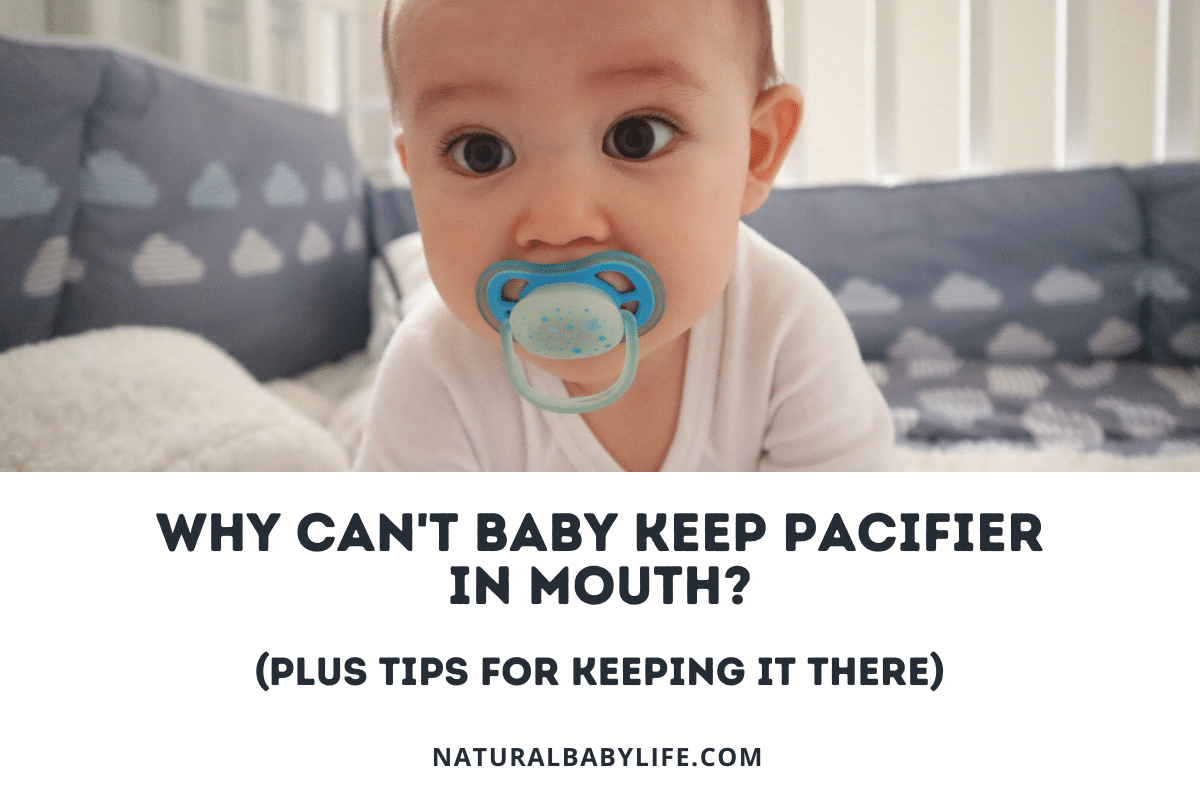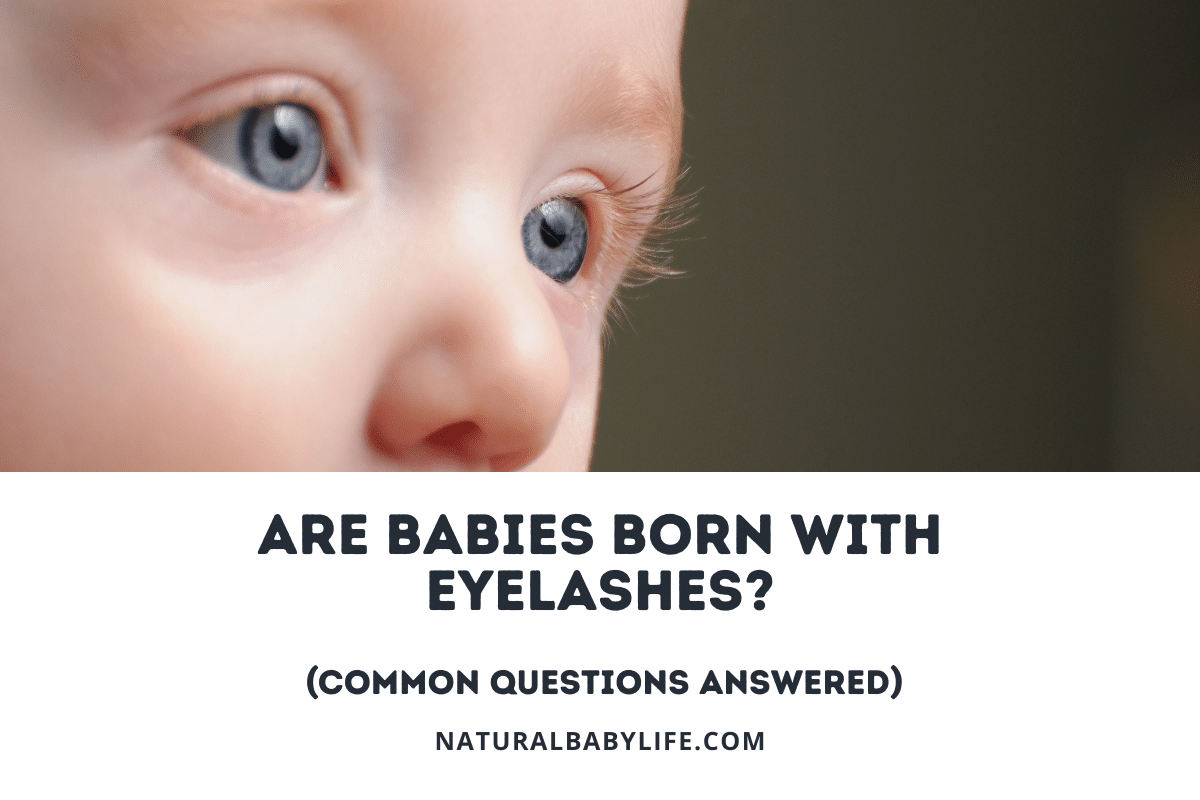From the minute you find out you’re pregnant, one of the biggest things on your mind is whether your baby is growing and developing on schedule. Even after they’re born, your baby’s size can help doctors determine if your little one is healthy. But what size should your baby be, exactly?
The average newborn weighs about 7.6 pounds and is 19.5 inches long. By her first birthday, she will have grown to 21.5 pounds and 29.2 inches. A typical newborn is likely to be between 5.5 and 8.4 pounds, although many factors including gender, genetics, gestation, and even birth order can affect her weight without long-term negative effects.
While useful, averages are still just generalizations. Keep reading to learn about what can influence your baby’s height and weight, and when your little one’s growth patterns might indicate a problem.
Table of Contents
Average baby height and weight
Newborns usually weigh around 7.6 pounds and are 19.5 inches long. After birth, it’s common for babies to lose a bit of weight before beginning to pack on the pounds.
Over the course of your child’s first year of life, you’ll make many visits to the pediatrician for “well-child checks.” These doctor’s visits help your pediatrician keep an eye on your baby and make sure he or she is growing and developing as predicted. At each visit, the pediatrician will likely weigh and measure your baby and use their measurements to help determine if there might be any health problems to worry about.
Growth charts
At a well-child visit, your pediatrician might mention your baby’s “growth chart.” A growth chart tracks your little one’s growth and compares it to the average weights and heights of other babies at the same age.
Growth charts are helpful because they provide a range of completely healthy heights and weights. The most important thing to consider is whether your baby is following their growth curve; that is, if the slope of their graph looks the way it’s supposed to.
Some babies are just small, so their measurements might be toward the lower end of the ‘healthy’ range. Some babies are bigger, so they’d show up on the higher end of the range.
Even though growth charts can be very helpful, it’s important to remember that they’re still just a tool to help determine the overall health of your baby. Some children consistently fall outside of the average range of heights and weights but are completely healthy.
So, if your little one isn’t perfectly average, don’t panic! Your pediatrician will let you know if there’s any reason for concern.
Before we jump into the specifics, here is a big chart with all of the data we collected!
Average baby height and weight by age
| Age of baby | Average (50th percentile) weight in pounds and (kg) | Average length in inches and (kg) |
|---|---|---|
| Birth | 7.6 pounds (3.4 kg) | 19.5 inches (49.5 cm) |
| 2 weeks | Ideally baby is back up to birth weight | About the same as birth length |
| 1 month | 10.2 pounds (4.6 kg) | 22.4 inches (55.9 cm) |
| 2 months | 11.9 pounds (5.4 kg) | 23.1 inches (58.8 cm) |
| 3 months | 13.4 pounds (6.1 kg) | 24.1 inches (61.2 cm) |
| 4 months | 14.8 pounds (6.7 kg) | 24.9 inches (63.4 cm) |
| 5 months | 16 pounds (7.3 kg) | 25.7 inches (65.3 cm) |
| 6 months | 17.2 pounds (7.8 kg) | 26.3 inches (67 cm) |
| 7 months | 18.3 pounds (8.3 kg) | 26.9 inches (68 cm) |
| 8 months | 19.1 pounds (8.7 kg) | 27.5 inches (70 cm) |
| 9 months | 19.8 pounds (9 kg) | 28.1 inches (71.4 cm) |
| 10 months | 20.7 pounds (9 kg) | 28.6 inches (72.4 cm) |
| 11 months | 21.6 pounds (9.8 kg) | 29.1 inches (74.1 cm) |
| 12 months | 22.3 pounds (10.1 kg) | 29.6 inches (75.3 cm) |
| Source | Weight charts from CDC | Height charts from CDC |
Average baby size at birth
Birth weight is a crucial indicator of your newborn baby’s health. According to data taken from thousands of births across the United States, the average weight of a newborn is 7.6 pounds (3.4 kg). The average length of a newborn is 19.5 inches (49.5 cm).
An average doesn’t mean that every newborn should weigh exactly 7.6 pounds, though. Most healthy newborns usually fall in a weight range between 5.5 and 8.4 pounds. A ‘low-birth-weight’ baby would be born smaller than 5.5 pounds, while a ‘high-birth-weight’ baby would be born weighing more than 8.4 pounds.
Many factors can influence your baby’s size at birth:
- Alcohol and Drugs – Mothers who consume alcohol or smoke while pregnant tend to have smaller babies. Drugs and alcohol should be avoided during pregnancy because they can cause major health problems for the developing baby.
- Nutrition – A pregnant mother’s nutrition during pregnancy directly impacts the growing baby. Excessive weight gain can lead to a larger baby, while poor nutrition can lead to a smaller baby.
- Genetics – Family history plays a pivotal role in a baby’s size at birth. Some babies are big, and some are small, and it boils down to their genetic blueprint.
- Gender – According to data collected across thousands of births, baby girls are usually born smaller than boys.
- Gestational Age – Babies born at 40+ weeks are almost always bigger than premature infants.
- Multiple Pregnancy – Twins and triplets are usually smaller than single babies.
- Difficult Pregnancy – If a pregnant mother has difficulties with the pregnancy, it can impact the size of her baby. For example, gestational diabetes can lead to a bigger baby, while severe morning sickness can lead to a smaller newborn.
Weight loss after birth
It’s normal for babies to lose up to 5%-10% of their birth weight!
Babies are born with extra fluid, which is lost across the first few days of life. Two weeks after birth, a baby should have returned to his original birth weight.
If you’re worried that your little one is losing too much weight, keep track of their eating and peeing schedule.
Newborns should eat every 3 hours or so. Each nursing session should last for at least 10 minutes. If your baby is eating formula, they should drink 3-4 ounces at each feeding. Newborns should have around 6-8 wet diapers a day by 3 to 5 days of age.
If your baby seems dehydrated or is refusing to eat, call your doctor.
Average baby size at two weeks
Your baby’s first doctor’s appointment usually comes at the 2-week mark. Your pediatrician will check to make sure your little one is back up to their original birth weight (your baby’s length probably won’t have changed very much since they were born).
If your baby isn’t back to their original birth weight, it means they aren’t eating enough. If you’re exclusively breastfeeding, your pediatrician might recommend you see a lactation consultant to help with any difficulties you and your baby might have encountered. The doctor might also recommend supplementing with high-calorie formula to help your little one gain back their weight more quickly.
Average baby size at one month
A baby’s average weight at one month is 10.2 pounds (4.6 kg), while their average length is 22.4 inches (55.9 cm). A baby usually gains one pound between birth and their 1-month checkup.
Average baby size at two months
A baby’s average weight at two months is 11.9 pounds (5.4 kg), while their average length is 23.1 inches (58.8 cm). Babies can gain around 1-2 pounds and 1-2 inches this month!
Average baby size at three months
A baby’s average weight at three months is 13.4 pounds (6.1 kg), while their average length is 24.1 inches (61.2 cm). As your baby continues to get older, their growth rate will slow.
Average baby size at four months
A baby’s average weight at four months is 14.8 pounds (6.7 kg), while their average length is 24.9 inches (63.4 cm).
Beginning this month, your baby’s growth will likely even out. She’ll be gaining around 1 pound or so each month until she’s 7 months old.
Average length and weight at five months
A baby’s average weight at five months is 16 pounds (7.3 kg), while their average length is 25.7 inches (65.3 cm). Your baby will likely be double his birth weight by the time he hits 5 months.
Average baby size at six months
A baby’s average weight at six months is 17.2 pounds (7.8 kg), while their average length is 26.3 inches (67 cm). At six months, your baby will likely be growing 1-2 centimeters each month.
Average baby size at seven months
A baby’s average weight at seven months is 18.3 pounds (8.3 kg), while their average length is 26.9 inches (68 cm). Baby girls tend to be smaller than boys, so keep that in mind while looking at the average across both genders.
Average baby size at eight months
A baby’s average weight at eight months is 19.1 pounds (8.7 kg), while their average length is 27.5 inches (70 cm). Your baby will likely go through several growth spurts during their first year, so don’t be surprised if they seem to gain two inches overnight!
Average baby size at nine months
A baby’s average weight at nine months is 19.8 pounds (9 kg), while their average length is 28.1 inches (71.4 cm). At nine months, your little one should be eating lots of solids in addition to their breast milk or formula. Make sure you’re feeding your baby nutritious foods: too many added sugars or fats can lead to unhealthy weight gain.
Average baby size at ten months
A baby’s average weight at ten months is 20.7 pounds (9.4 kg), while their average length is 28.6 inches (72.4 cm). Your baby is probably moving and grooving by now, so you might notice a slight dip in their weight gain as they burn more calories.
Average baby size at eleven months
A baby’s average weight at eleven months is 21.6 pounds (9.8 kg), while their average length is 29.1 inches (74.1 cm). As your baby approaches their 1st birthday, they should be packing on around 3 ounces every week.
Average baby size at one year
By your baby’s 1st birthday, he or she will likely weigh almost 3 times their original birth weight! A baby’s average weight at twelve months is 22.3 pounds (10.1 kg), while their average length is 29.6 inches (75.3 cm).
Although your little one’s growth will continue to slow as they move past their first birthday, it won’t be long before your teensy little newborn is a full-fledged toddler.
Factors that could affect your baby’s growth
Just like many factors influence a baby’s birth weight, many factors can affect your baby’s growth during their first year.
Much of a baby’s growth is determined by factors outside of your control (genetics, gender, etc.), but there are certain things you can do to ensure your baby stays on-track in their growth and development.
Genetics
Although high school biology wasn’t always the easiest course to pay attention to, you probably still remember that genes control what an individual looks like.
There are more than 700 different genes that can determine a person’s height, influencing such things as growth hormones and the movement of growth plates. When it comes to height, scientists believe that genetic makeup (DNA) is actually responsible for 80% of a person’s height! So, if your family has ‘tall’ genes, your baby will probably be tall.
Genes also play a key role in determining your baby’s weight. Some families consistently give birth to 10-pound babies, while other families are known for small newborns.
Genes are tricky things: recessive genes mean that a baby’s height and weight can still be pretty unpredictable throughout their life.
Even extra small babies can grow to be the tallest in their family, and a chunky newborn doesn’t mean the baby will grow up to be heavy.
Gender
Even from birth, boys tend to be taller than girls. Your child’s pediatrician will use a gender-specific growth chart to ensure that your child, whether male or female, is growing appropriately.
In the United States, newborn boys were 19.7 inches (49.9 cm) long, while newborn girls were 19.4 inches (49.3 cm) long. Half an inch difference doesn’t seem like much, but the height difference continues to grow as kids get older and go through puberty.
During puberty, boys generally start their growth spurts a year later than girls, but they can continue growing in height until the age of 18 or older. Boys also tend to grow faster than girls as they enter puberty, which leads to a taller average height in men than in women.
Although it’s not always the case, boys are also likely to be heavier than girls throughout their life. This weight difference can be seen right from the beginning, with a higher reported birth weight among newborn boys. The same genes that determine biological sex also influence body composition, so adult men usually weigh more than adult women.
Nutrition
Without good nutrition, your baby’s body won’t have the building blocks it needs to grow to its full potential.
Nutrition is one factor affecting your child’s growth that you can control, so it’s important you make good nutritional choices that will set your child up for a healthy future.
Before birth, a mother’s nutritional intake plays a huge role in the growth of her baby. After birth, it’s crucial that a baby continue to receive adequate nutrition in order to grow and develop as expected. For their first year of life, breast milk or formula provides all the vitamins and minerals your little one needs to thrive.
When you introduce your baby to solids, make sure you focus on providing fresh fruits, vegetables, and other foods crucial to a healthy diet.
Introducing added sugars or processed fats during the first year has been linked with an increased risk of obesity and dental problems. Doctors recommend avoiding fruit juice until after your child turns one, and limiting your child’s intake of processed foods and candies.
Breast milk or formula fed
According to some scientific studies, babies who drink strictly breast milk are more likely to grow taller than their formula-fed peers. Formula-fed babies, on the other hand, tend to weigh more on their first birthday than babies who breastfeed.
Both breast milk and formula are excellent first foods for your baby, so try not to worry too much about choosing one or the other. Pick whatever works best for you and your baby.
Sleep
Good sleep is important for growth in infants and children, although scientists aren’t exactly sure why.
Their best guess is that hormonal changes that occur during sleep can boost growth hormones. While some babies are naturally better sleepers than others, it’s important you prioritize sleep for your child.
Studies have even found that babies sleep almost 4.5 hours more each day when they’re going through growth spurts. Allow time for your baby to nap during the day, and give your little one a safe space to sleep in (crib, bassinet, etc.).
Infants need between 12 and 15 hours of sleep each day, and that sleep helps them grow and develop appropriately.
Activity
Age-appropriate physical activity can help your baby grow and develop on schedule.
Little babies should spend some time each day on their stomachs to help develop their neck and arm muscles. As babies get older, you can help them practice sitting, bouncing, standing, and then walking.
Once your little one is mobile, take some time each day to let them run around and play. Staying active allows for healthy weight gain and height growth, and sets a good pattern of movement for the rest of your baby’s life.
Consistent physical activity during childhood has been shown to lower the risk of both childhood and adult obesity.
Health
In rare cases, a baby’s underlying health conditions can impact their growth.
Here is a brief list of some health conditions that can lead to growth problems in a child:
- Constitutional delay of growth – Sometimes, children tend to be shorter than average and ‘bloom’ late. Even though the growth of these children is normal, they’ll be consistently shorter than their peers during their infant and childhood years. Usually, these children will ‘catch up’ on their growth sometime during puberty, and reach a normal adult height.
- Systemic disease – Any diseases that affect the entire body can impact a baby’s growth. Constant malnutrition, chronic severe stress, heart or lung disease, diabetes, and other illnesses can cause a child’s growth to be suboptimal.
- Giantism or dwarfism – A variety of factors can cause babies and children to grow substantially smaller or larger than their peers. Dwarfism has numerous causes and is defined as an adult height of 4 feet 10 inches or less. Giantism is caused by the production of excess growth hormone, and first occurs in childhood before the growth plates have closed.
- Intrauterine growth restriction – IUGR occurs during pregnancy when the growth of a baby is slowed. Many factors can contribute to IUGR, although sometimes the condition occurs without any known cause. A growth-restricted baby is born with low birth weight and a shorter length than normal.
- Genetic disorders – Down syndrome, achondroplasia (a type of dwarfism), Turner syndrome, and other genetic disorders can influence a baby’s growth. Genetic disorders are usually diagnosed early in a baby’s life, although some can manifest into adulthood.
It’s important to attend your little one’s scheduled doctor’s visits so you can keep an eye on your child’s growth chart.
If your pediatrician has any concerns about your baby’s growth or development, they’ll let you know right away.

